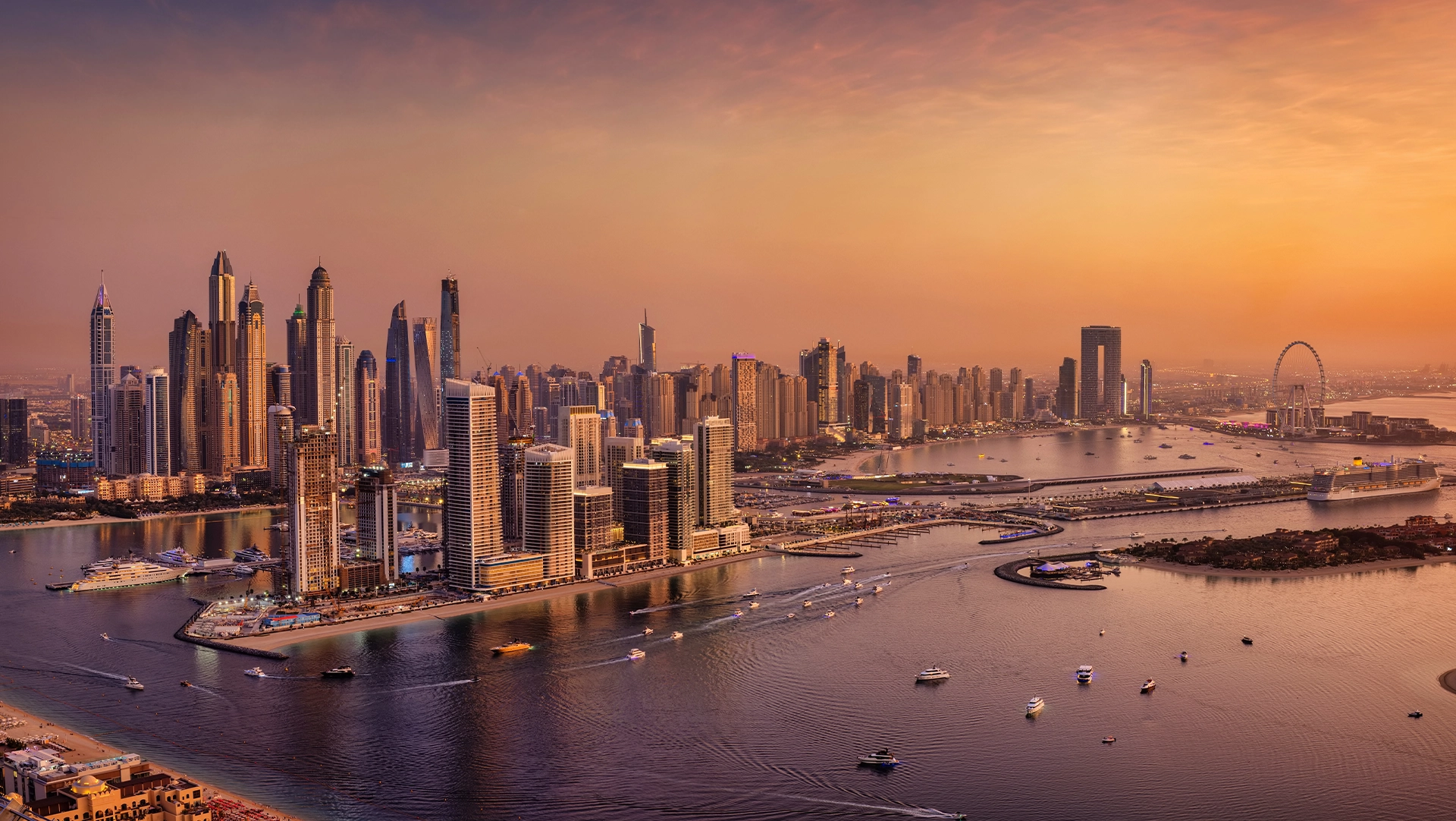In an era where geopolitical tensions dominate headlines and regional conflicts reshape international relations, the United Arab Emirates stands as a remarkable exception. As of mid-2025, the UAE has solidified its position as the second safest country globally according to Numbeo’s Safety Index, with an impressive score of 84.5. This achievement is particularly noteworthy considering the ongoing conflicts affecting neighboring regions. But what exactly makes the UAE such a safe haven amid surrounding chaos, and how has this small Gulf nation managed to create and maintain such exceptional security standards?
UAE’s Global Safety Rankings: The Numbers Behind the Success
The UAE’s safety credentials in 2025 are backed by multiple international rankings. Beyond Numbeo’s second-place global ranking, the Global Peace Index 2025 places the UAE among the top 10% of peaceful nations worldwide—a position that has steadily improved over the last decade.
Crime statistics further validate these rankings. The UAE maintains one of the world’s lowest violent crime rates at just 0.7 per 100,000 residents—a figure that’s decreased by 15% since 2023. Property crime rates have similarly declined, with Dubai reporting a 22% reduction in theft cases over the past two years.
What’s particularly impressive is how the UAE has maintained these safety standards despite sharing proximity with conflict zones. While neighboring countries face varying degrees of instability, the UAE has created a security bubble that effectively insulates its residents and visitors from regional threats.
Security Infrastructure: Beyond the Visible Measures
Advanced Technology Integration
The UAE’s security framework relies heavily on cutting-edge technology. As of early 2025, Dubai’s police force operates over 300,000 AI-enabled CCTV cameras with facial recognition capabilities. Abu Dhabi’s Smart City project now integrates predictive policing algorithms that have contributed to a 30% improvement in emergency response times compared to 2023 figures.
The country has invested approximately AED 5.7 billion ($1.55 billion) in cybersecurity infrastructure during the past year alone, recognizing that modern security threats often begin in digital space.
Strict Legal Framework
The UAE maintains clear, consistently enforced laws that contribute significantly to its safety profile. The judicial system processes cases efficiently, with serious crimes typically resolved within 6-8 months, significantly faster than many Western countries.
“Our legal system prioritizes both swift justice and rehabilitation,” notes Dr. Fatima Al Shamsi, UAE Justice Department spokesperson. “The certainty of consequences, rather than their severity, has proven most effective in deterring crime.”
Political Stability in a Volatile Region
The UAE’s political landscape offers remarkable stability compared to its regional neighbors. The leadership’s long-term vision, most recently articulated in the UAE Centennial 2071 plan, provides continuity and predictability that attracts international investment and tourism despite regional tensions.
The country’s diplomatic approach emphasizes multilateral engagement while maintaining neutrality in many regional disputes. This careful balancing act has allowed the UAE to develop strategic relationships with diverse global powers, creating multiple layers of international support that enhance its security position.
Economic Factors Supporting Safety and Security
Economic stability plays a crucial role in the UAE’s safety profile. With a GDP per capita exceeding $50,000 in 2025 and unemployment hovering around 2.1%, the socioeconomic factors that often drive crime in other regions are significantly mitigated.
The country’s strategic diversification beyond oil dependency—with tourism, finance, technology, and manufacturing now contributing over 70% of GDP—has created economic resilience that underpins social stability even during global economic fluctuations. These favorable conditions have also made the UAE an attractive destination for investors looking for stable options such as property in Dubai.
Safety Experience Across Major UAE Cities
Dubai: The Global Tourism Safe Haven
Dubai welcomed over 25 million visitors in 2024, with tourism satisfaction surveys consistently rating safety as the city’s top attribute (96% approval). The city has achieved this despite hosting one of the world’s most diverse populations, with residents from over 200 nationalities.
Abu Dhabi: Leading in Quality of Life
Abu Dhabi continues to rank as the safest city in the Middle East according to The Economist’s Safe Cities Index 2025. The capital city particularly excels in infrastructure security and personal safety metrics, scoring 92.7 out of 100 in the latter category.
Sharjah and Northern Emirates
Even smaller emirates maintain exceptional safety standards. Sharjah’s family-friendly atmosphere is supported by some of the region’s strictest public conduct codes, while Ras Al Khaimah has leveraged its safety reputation to grow tourism by 35% since 2023.
Challenges and Future Outlook
Despite these achievements, the UAE faces evolving security challenges. Cybersecurity threats have increased by 27% in the first quarter of 2025 compared to the same period last year. Regional conflicts continue to create humanitarian crises that indirectly impact the UAE through refugee flows and economic disruptions to trading partners.
The country’s security apparatus must also balance robust safety measures with maintaining the openness required for a global business and tourism hub. Finding this equilibrium remains an ongoing challenge as the UAE prepares for its centennial celebrations.
Conclusion: Lessons from the UAE Security Model
The UAE’s ability to maintain exceptional safety amid regional turbulence offers valuable insights for other nations. Its comprehensive approach, combining technological innovation, social stability, economic opportunity, and diplomatic pragmatism, demonstrates that safety is not merely the absence of crime but the product of holistic national development.
For residents, businesses, and visitors, the UAE’s safety credentials provide a compelling proposition in an increasingly uncertain world. As regional tensions continue throughout 2025, the Emirates’ security model will likely face new tests, but its track record suggests a continued ability to adapt and maintain its position as a global safe haven.
